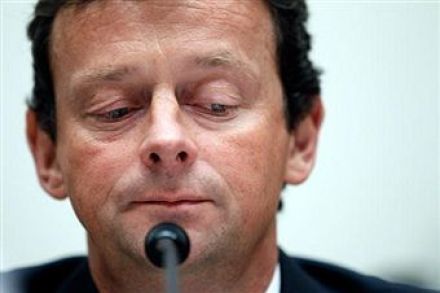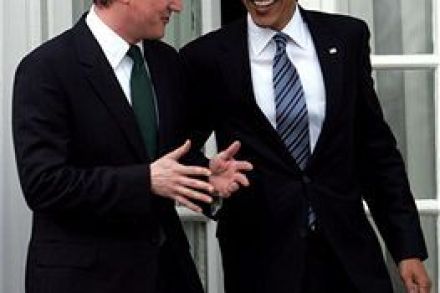The Hayward saga draws to a close
There has been an inevitability about Tony Hayward’s departure from BP ever since the first aftershocks of the Deepwater Horizon disaster. But now, despite BP’s peculiar denials this morning, that inevitability has reached fever pitch – and it’s widely expected that Hayward will be booted out of his job tomorrow morning. As a thousand comment writers have quipped, he can now get his life back. The question on most observer’s minds is, does he deserve it? And it’s a question which Allister Heath answers persuasively in City AM today. My quick take is that, yes, Hayward came under unfair and politically-motivated fire at times, but much of the criticism flung







